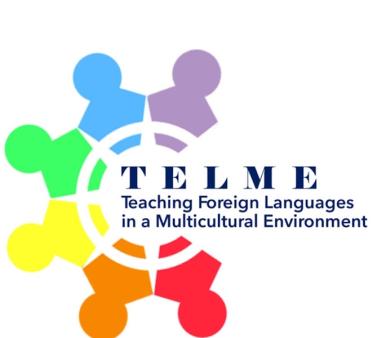Objectives
The objectives of the training are:
-
definition of a research project,
-
design and development of a research approach according to scientific and academic criteria,
-
enhanced knowledge and skills and further exploration of issues specific to the field of study,
-
acquisition of fundamental theoretical knowledge in the fields of linguistics, literature, media, and identity issues,
-
perfect proficiency in the first language and good proficiency in the second language,
-
research professions: further studies towards a PhD.
Skills
Information processing:
-
Information retrieval (Internet, database, library, etc.)
-
Selecting, sorting and prioritizing information and using it synthetically
Project design:
-
Proficiency in writing techniques to respond to gender-based constraints
-
Planning work and meeting deadlines
-
Presenting a problem and formulating hypotheses
Theoretical plan:
-
Mastery of the general issues related to linguistics, teaching, literary studies and the audio-visual sector
-
Proficiency in the theoretical tools and intellectual approaches that lead to researcher autonomy
-
Mastery of transversal approaches (literature, history, sociolinguistics, etc.)
Engagement:
-
Participating in applied research seminars, symposia, study days
-
Investing in a Research Team
-
Organizing and leading a project within a collective
Course Content
The Breton and Celtic Master’s Degree takes a progressive approach to the development of research skills over the four semesters, the aim of which is proficiency in the scientific methodology that early-career researchers need.
Year 1 offers 38 hours of tutorials (TDs) (core syllabus): research (14 hours) and development of the professional project (24 hours). In addition to this primary training, there are 48 hours of language teaching and 120 hours of fundamental modules.
In year 2, there are 120 hours of fundamental modules (language is optional), which support further research and allow students to master the theoretical and technical tools essential to any research project.
This is distance learning provided by SUP, the university’s occupational teaching development department. It is accessible to students meeting certain criteria (see the Admission Requirements section for further details).




